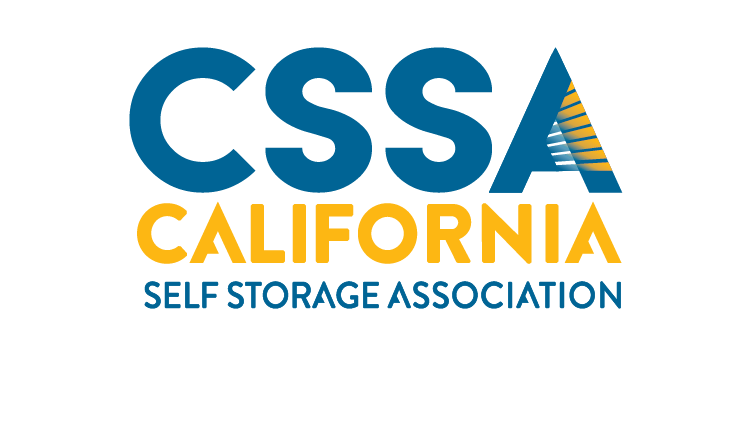
Call Us: 800-399-5331
3 New Bills Employers Need to Know About
Posted by: Kim Gusman, President & CEO on Wednesday, September 30, 2020
Previous Governors have waited until the last minute before knowing what new legislation we would have for the coming year. That's not the case this year. On September 17, 2020, Governor Newsom signed one bill which went into effect immediately and two other bills which will significantly impact California employers in 2021. Here's what you need to know.
SB 1159 — COVID-19 Outbreaks at Work — Effective Now!
Senate Bill 1159 was signed on September 17, 2020 and immediately went into effect. This bill is retroactive back to July 6, 2020. SB 1159 applies to all workers in California and expands workers' compensation access to front line workers, and employees exposed to COVID-19 during a workplace "outbreak."
Police officers, firefighters, and health care workers — including janitors in contact with COVID-19 patients — are eligible if they get infected while on the job. All other workers are eligible for WC if their workplace experiences an "outbreak."
An "outbreak" is defined as:
- Four or more infected employees who work at the same location within a two-week period, for employers with 5 to 100 employees.
- At least 4% of employees working in the same location being infected in a two-week period, for employers with more than 100 employees.
The rules for first responders and health care workers are permanent. While the rules for all other employees are effective through January 1, 2023. (Yes, 2023!)
Bottom Line for Employers: When there is a 14-day workplace outbreak, there is also a rebuttable presumption that employees who test positive were infected at work. Employees do not have to prove they were infected on the job to get benefits. In order to deny coverage, an employer must prove their employees did not get the virus while on the job.
AB 685 — One-Day Workplace Notifications re: COVID-19
Effective January 1, 2021, Assembly Bill 685 requires employers to notify employees of potential COVID-19 exposures in a timely manner. Under AB 685, once an employer learns that an employee or a subcontractor's employee has tested positive for COVID-19 (or been ordered to self-isolate for 14 days), they must provide written notice within one business day to other employees who worked at the same job site. The notice must contain information about what COVID-19 related benefits the employee is entitled to under federal, state, and local laws, and the employer's disinfection and safety plan. Employers are required to keep a copy of all notices provided to employees for three years. Finally, AB 685 requires employers to notify local public health agency officials within 48 hours that an employee has tested positive for COVID-19.
Bottom Line for Employers: Written notices are due to employees within one business day after you are notified that an employee contracted COVID-19, and records must be retained for three years. Public health agencies must be notified of a COVID-19 case within 48 hours.
SB 1383 — Expands CFRA to Employers with 5 or More Employees
Effective January 1, 2021, Senate Bill 1383 expands the California Family Rights Act's (CFRA) leave protections to more employees. SB1383 requires employers to provide 12 weeks of CFRA leave to all employees who provide reasonable notice and a qualifying reason for leave. Employees will still need to meet eligibility requirements, including 12 months of service and 1,250 hours worked for the employer in the previous 12-month period, to qualify for family and medical leave. However, SB 1383 contains many significant changes:
- Small employer alert! Previously, the CFRA applied to employers with 50 or more employees. Now, it applies to all employers with 5 or more employees.
- Expands the definition of family member. Previously, leave to care for a family member was limited to an employee's child, parent, spouse, or domestic partner. Now, an employee can also obtain CFRA leave to care for a grandparent, grandchild, or sibling.
- Both parents get CRFA. Previously, employers who employed both parents of a child were permitted to grant a combined total of 12 weeks of leave. The new law requires an employer to grant up to 12 weeks of leave to each employee.
- Qualifying exigency. SB 1383 requires employers to provide up to 12 weeks of unpaid job-protected leave during any 12-month period due to a qualifying exigency related to the covered active duty or call to covered active duty of an employee's spouse, domestic partner, child, or parent in the Armed Forces of the United States.
- Removes the "key employee" exception to reinstatement. SB 1383 no longer permits employers to refuse reinstatement of "key employees" under qualifying circumstances.
- Revokes the New Parent Leave Law (NPL) which provided 12 weeks of job-protected leave for employees to bond with a new child. NPL currently applies to employers with 20-49 employees and will expire on January 1, 2021.
Bottom Line for Employers: Update your 2021 Employee Handbook regarding the new CFRA rights if you have 5 or more employees. If you have 50 or more employees and are covered by the federal Family Medical Leave Act, ensure you know the difference for eligibility and how they may impact your workforce.
